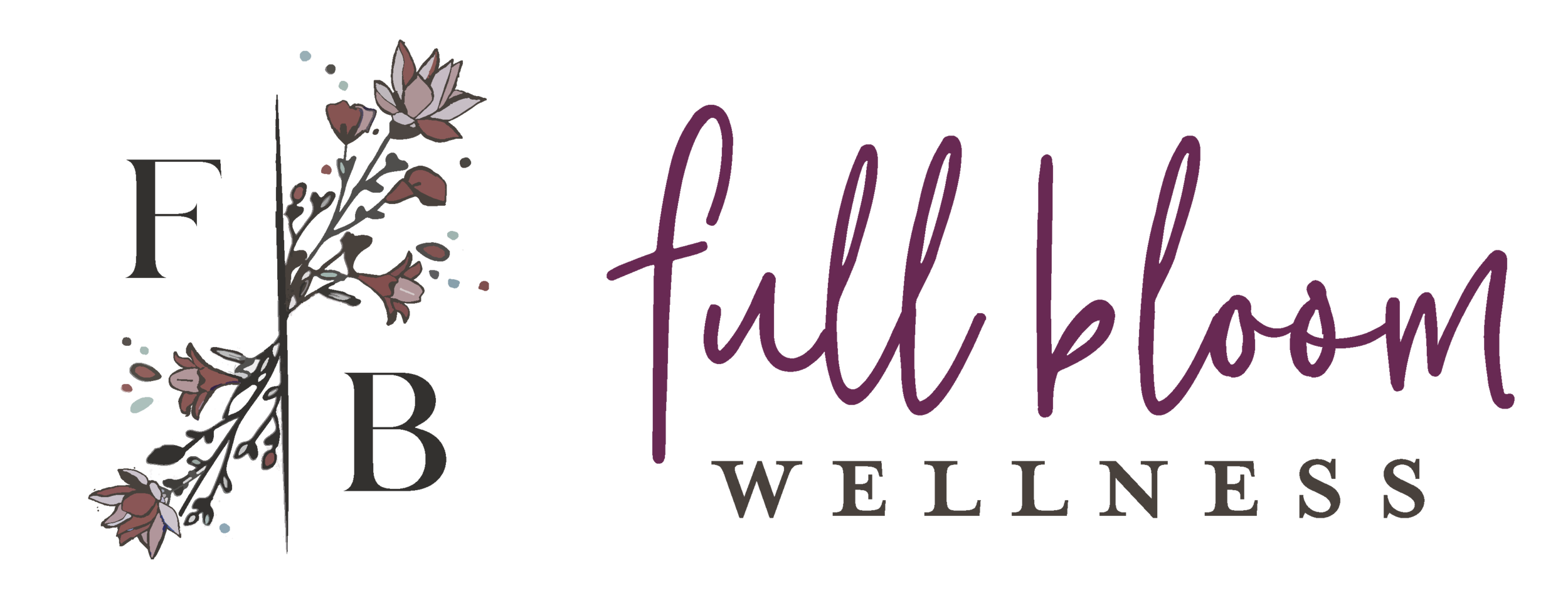Postpartum: The 4th Trimester & Beyond
Around 20% of women stop exercising because of bladder leakage that started after childbirth. Don’t let that be you!
The Fourth Trimester…
… aka the first 12 weeks after birth, is such a tender and important time in your life, yet our current culture pressures birthgivers to rush through it and get back to “normal” as soon as possible.
“Women are supposed to work like they don’t have children, and raise children like they don’t work.”
It’s a ridiculous and unattainable standard! Your body went through 9 months of gradual changes, and you’re somehow expected to be “all healed” by 6 weeks? Nature doesn't work like that.
Many other cultures normalize increased care for the new mother during this time. Resting, bonding with your new baby and nourishing yourself deeply should be the focus here.
But how do you know where to start? You have a totally different body, and little one (or two, or three) to care for. It’s all so overwhelming that many people just decide to “deal with my issues later” and focus on family first.
Every mother deserves to feel strong, supported and confident, and the fourth trimester is the perfect time to set healthy foundations, because postpartum is forever!
During the fourth trimester we will…
Assess your musculoskeletal system and treat what we find using holistic hands on techniques to get your body and organs back into alignment
Optimize your functional movements and postural habits with lifting, carrying, infant feeding, toileting, bed mobility, baby wearing and more.
Assess your pelvic floor muscles and get them functioning well - this means flexible and responsive. Internal techniques are not performed before 6 weeks, but external balancing techniques can be quite effective as well.
Assess for common birth injuries such as bowel or bladder incontinence (leaking), pelvic organ prolapse, diastasis recti (DR), painful sex, constipation, or other aches and pains.
C-section incision and perineal tear healing and scar management
Birth trauma healing: our bodies process experiences much slower than our minds do, and tissues that hold trauma can be sources of pain and dysfunction. There are specific techniques to help the body release held trauma, so you can feel good again.
Exercise progression: How much to rest? How much to move? What movements are safe? At the 6 week visit you get little guidance from your doctor about how to start exercise again… you’re “clear to do anything, but don’t overdo it”… what does that even mean? Let’s figure out what works best for you, so that you can safely and confidently get back to the things you love to do!
And Beyond…
Postpartum is forever - once you carry and birth a child, your body is forever changed. While it’s my dream that every birthgiver receive pelvic PT within the 4th trimester (yes, after each birth!), that’s simply not the case (yet!).
If you’re just now hearing about pelvic PT for the first time, know that it’s not too late to heal!
Unless our bodies receive the care we need after childbirth, those issues can linger for years after. Around 20% of women stop exercising because of bladder leakage, which started after childbirth. Don’t let that be you! If you feel like your body still isn’t your own, or you’ve tried to get stronger without lasting results, you aren’t a failure, you simply haven’t identified the root of the problem. Let’s figure this out together, so you can feel strong, healthy, and at home in your body again.
Never given birth, but having some issues that aren’t resolving with the basics (heat/ice, stretch, exercise, massage)? Pelvic PT is for you too! Let’s get to the root of your symptoms.



